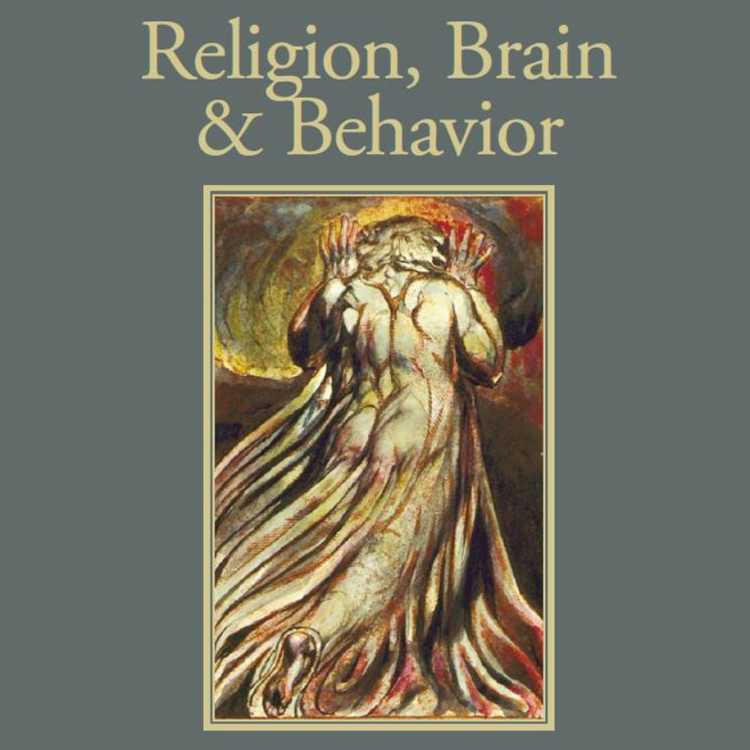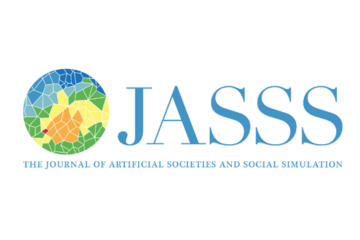Post-Doctoral Fellow Justin Lane
Religion, Brain and Behavior
March 13, 2017
Abstract: Given events such as 11 September, the 2013 Boston Bombing, and the 2015 Paris attacks it is becoming increasingly apparent that religious extremism has great potential to negatively impact our daily lives. Predicting religious extremism could – in principle – allow us to respond to, mediate, or eliminate threats more efficiently. It is argued here that predicting religious extremism is possible but religious systems are complex dynamic systems and should be addressed as such. To address religious systems in a way that could provide useful predictions, one should use multi-agent artificial intelligence models that are validated using empirical studies of human cognition to define rules for the agents and historical and contemporary data sources (ex. “big-data” and historical databases) to calibrate and parameterize simulations. Ultimately, I conclude that near-term prediction is possible if one incorporates social and biological environments as well as inter- and intra-agent cognitive mechanisms, but long term predictions would be unreliable. Key to this approach is the admission that cognitive mechanisms play crucial roles in the generation and transmission of culture as well as the recognition that social and biological environments provide input to these mechanisms but neither social or biological environmental input is sufficient by itself.



